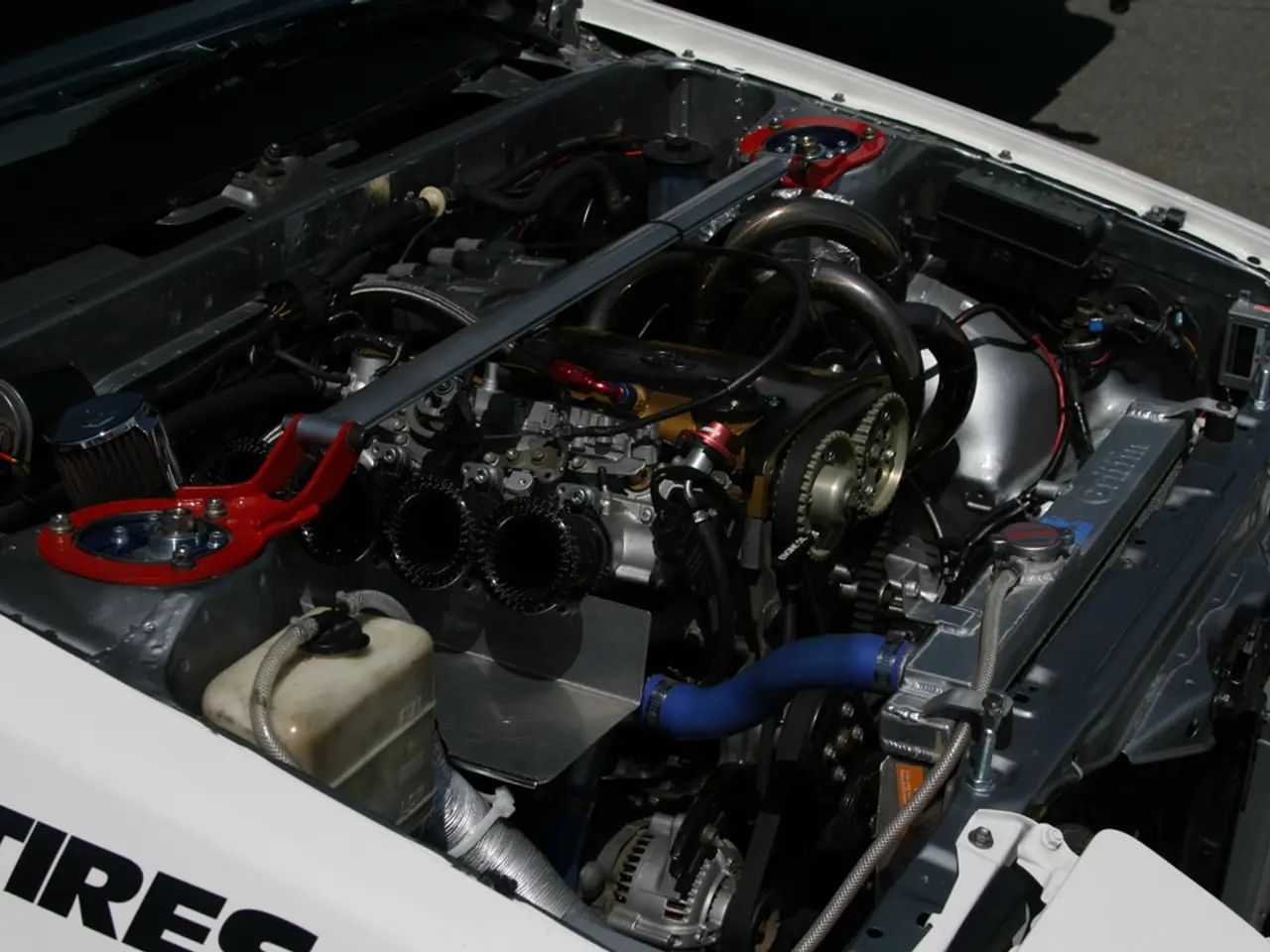European Electric Vehicle Battery Recycling Remains Unprofitable, Finds Study
According to a recent study conducted by RWTH Aachen University and published in the journal Resources, Conservation and Recycling, the electric vehicle (EV) battery recycling industry in Europe faces significant challenges in achieving profitability [1]. High transportation costs, underutilized recycling plant capacity, and a lack of domestic demand for recovered materials, particularly black mass, are key barriers [1][2].
The study, titled "Economic and structural challenges in recycling lithium-ion batteries in Europe," is based on interviews with 13 actors in the battery value chain, including vehicle manufacturers, logistics providers, and recycling companies [3]. It provides insights into the processes involved in battery recycling in Europe and offers recommendations for improvement.
To address the issues of high transportation costs and underutilized capacity, the study strongly recommends a decentralized recycling infrastructure [1][2]. This would involve establishing regional pre-treatment facilities close to battery collection points, combined with centralized chemical processing units for material recovery. This approach would drastically reduce transportation distances and associated costs, which can constitute up to 70% of total expenses depending on battery classification [1]. Shorter transport routes also improve scalability and make it easier to handle the expected increase in end-of-life batteries as the EV market matures.
Current low utilization rates are primarily due to insufficient volumes of returned batteries. As the EV fleet grows, more batteries will reach end-of-life, naturally increasing input to recycling plants. However, the study suggests that proactive policy measures—such as stricter collection mandates, incentives for battery return, and standardized logistics—could help accelerate this process [1][2].
Another key recommendation is to strengthen domestic demand for recycled materials. Much of the recovered black mass is currently exported due to weak European demand. Building out downstream recovery capacity (hydrometallurgical or pyrometallurgical plants) within Europe would enable the continent to capture more value from recycling and reduce dependence on imported critical raw materials [4].
Scaling up both pre-processing (shredding, sorting) and material recovery facilities is essential. According to Transport & Environment, Europe has 77 such projects underway, 37 of which are already operational. Completing these could allow processing of over 500 kt of batteries in pre-processing and 413 kt in material recovery by 2030 [4]. Public and private investment in these facilities, alongside regulatory support, will be critical.
In conclusion, Europe can significantly improve the profitability and utilization of its EV battery recycling facilities by moving to a decentralized, regionally integrated model that minimizes transport costs, increases plant throughput, and captures more value from recovered materials domestically [1][2][4]. This requires coordinated investment, policy support, and industrial collaboration across the entire battery value chain. As the EV market grows, these measures will become increasingly critical for both economic and environmental sustainability.
[1] https://www.sciencedirect.com/science/article/pii/S0956053X25003733#dfig1 [2] https://www.transportenvironment.org/sites/te/files/2022-10/Policy-Brief-Battery-Recycling-in-Europe.pdf [3] https://www.transportenvironment.org/sites/te/files/2022-10/Policy-Brief-Battery-Recycling-in-Europe.pdf [4] https://www.transportenvironment.org/sites/te/files/2022-10/Policy-Brief-Battery-Recycling-in-Europe.pdf
- To ensure sustainability in the health-and-wellness sector and promote environmental-science, European policy should focus on implementing stricter collection mandates, offering incentives for battery return, and standardizing logistics to increase the availability of end-of-life EV batteries.
- In the finance and technology industry, investment in regional pre-treatment facilities and downstream recovery capacity within Europe will be crucial for capturing more value from recycled materials and reducing Europe's dependence on imported critical raw materials.
- As the science industry seeks to advance in health-and-wellness, environmental-science, finance, and technology through sustainable practices, the development of a decentralized, regionally integrated EV battery recycling infrastructure will lower transportation costs, increase plant throughput, and improve both economic and environmental sustainability.




